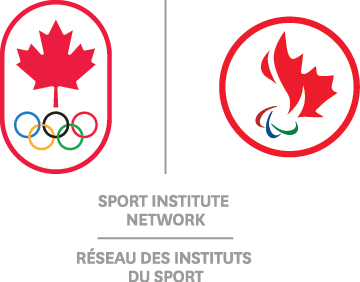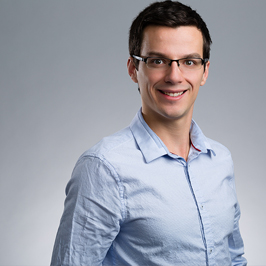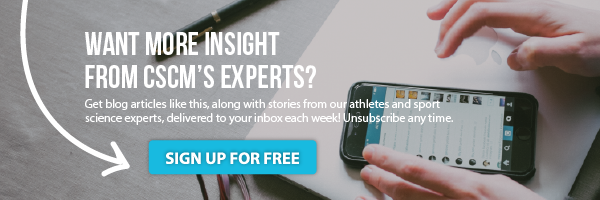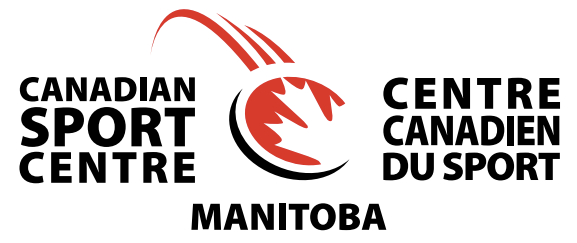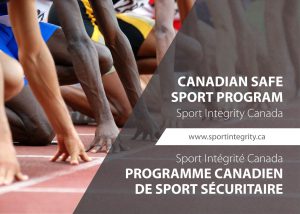Keep learning. Keep growing.
Meet Jérémie Chase, CSCM’s sport science assistant. In this Q&A, he talks about what got him started in sport physiology and what he likes most about the job.
When family and friends ask what you do, how do you explain it to them?
I’m a sport physiologist. I work with athletes in lab sessions, prescribe aerobic exercise, monitor recovery and ensure athletes aren’t reporting anything abnormal. I do some strength and conditioning (S&C) work as well. I did a fieldwork placement in the fall of 2013, and have been working with CSCM part-time since then, mostly providing physiology support.
What’s the most common question you get asked?
I’m often asked about which athletes or group of athletes I’m working with. Over the springtime and summer, I was primarily working with paratriathlete Chantal Givens, and the high performance junior triathlon group as well. I occasionally had touch points with Team Canada women’s volleyball, mostly doing S&C with them.
What’s one thing you wish people would ask but they never seem to?
I wish people would ask me how much time is spent behind the scenes doing preparation in comparison to time spent working directly with athletes. Something people might not always realize or fully appreciate is how much prep work and planning done is for sessions with athletes and coaches.
What’s your favourite part of the job?
I most enjoy being able to see athletes improve as a result of the training we’re doing with them – and to see them use it to compete and do well.
What’s the biggest challenge you face in a day?
Being able to juggle the multiple roles I have on campus besides working at CSCM. Sometimes I literally have to be in two places at once. Shifting from focus to focus during the day isn’t always great for productivity and can be a challenge. There are tools that help, like having an organized calendar. I always take time to visualize the day ahead of time, and anticipate how things might go wrong. I make a plan to navigate those roadblocks in advance.
How does your work influence your personal life?
What I learn at work I eventually incorporate into my own workout. I’ve adopted the philosophy of trying new innovations in sport physiology during my own training before using it on athletes; it means I can then explain to athletes why it’s safe and how it’s beneficial to their training. It also allows me to help relate to athletes, especially when a workout is particularly difficult.
What motivated you to take this career path?
I’ve always liked to train, myself. Exercising and constantly being in a competitive environment is what brought me to the field of sport science. Working with athletes is unique from working with the general public; high-performance athletes have such a high level of motivation and concrete performance goals.
My education and in-field training is part of the reason I’m here as well. I did a work placement at the University of Manitoba during my undergrad, and then had the chance to spend an entire term here at CSCM learning from (and working with) them. I’m always looking for ways to solidify my knowledge in exercise science, and am always learning.
What kind of education or training did you do?
I have an undergraduate degree in kinesiology and a certified personal trainer designation. At school, I’m working toward completing my master’s of science. My focus is on immunology, which means I’m studying how the body’s immune system responds to exercise.
What advice do you have for others who might be starting out in their own careers or considering your field?
Be continually looking for opportunities to learn and grow, both as a student and as a person. If you just stick to what you learn in class, you’re not rounding yourself out.
What’s something people might be surprised to learn about you?
I really enjoy studying languages. I spoke French at home growing up, and started learning Spanish in high school. Spanish was my minor during my undergraduate degree. Since my travels to Central and South America, I’ve begun learning Portuguese as well!
